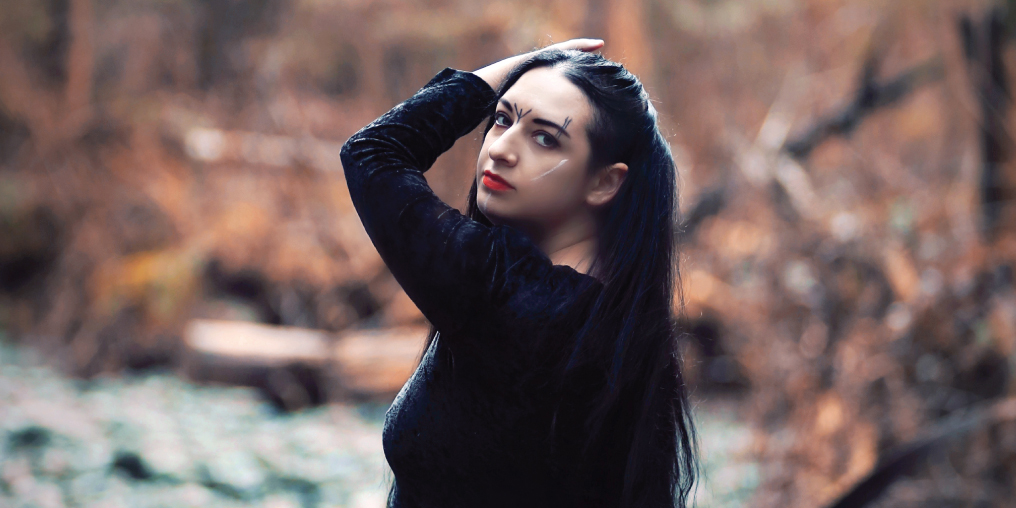Many witches, including myself, when asked how and why we became witches, will answer that they didn’t become a witch, but simply remembered they were one. Others will say it is a calling, a choice of heart and mind.
The history (or “herstory”) of female witchery encompasses Indigenous spiritual traditions, European pagan sages, medicine healers, Celtic warriors, Greek goddesses, the Egyptian cult of Isis, the Hindu myths of Kali, and more. Modern male witches have roots in shamanism, the druid religion, ancient mysticism and wizardry. Not so long ago, witches were hunted, tortured, and burned to death, because witchcraft threatened Christian-based patriarchal dominance.
Today, the real question about witchcraft is not about whether it exists. It’s about how it can help us secure a place for humanity on the planet.
Witchcraft (or Wicca) is very much alive. That said, the definition of witchcraft remains ambiguous and differs from witch to witch. I would describe it as a spiritual journey, one that can be guided by many but is best discovered by the individual.
For some, it may sit simply, like your gran’s recipe cards or the blackcurrant shrubs my mother planted in our backyard. There’s a practical side to magic that should not be underestimated. As doctors of the natural world, witches must keep disciplined in accordance with the changing seasons, learning to recognize what each season provides. To this end, possibly the best source of information for modern-day witches is the Old Farmer’s Almanac. This annual publication outlines the best time for planting, weeding, and harvesting. Is it time to harvest elderberries? Do the kale seeds need drying? Will we join with friends for vinegar canning (pickling)? Where is the moon in its cycle?
In this way, witchcraft and gardening/homesteading hold many similar threads: both are about working with the earth. In addition to these empirical survival techniques, some modern witches practice spell casting. Spells can be understood as very similar to prayers with physical manifesting; the person casting the spell is taking some form of action, rather than just asking for something. Spells embody a concentration of focus to bring about a shift in the physical world.
When casting spells, we must be conscious of the Threefold Law, which cautions that any intention (whether positive or negative) put out into the world may return to us threefold. It’s similar to the basic Christian law of “do unto others as you would have them do unto you,” but with a little extra warning—because, let’s face it, witchiness shouldn’t be taken lightly.
Wicca was traditionally used to heal. That remains the intention, and intention is all-important, as it helps us retain focus. For witches, our focus (if not our pocus) is clear: let us live in harmony with the planet. Our everyday practices can be guided by this intention. In this way, witchcraft is a study of both ethics and economy. The original meaning of the word “economy” is household management; the word derives from the Greek for home, oikos. We have lost our sense of true economy, but by returning to a spiritual understanding of “home,” we can practice respect and unity with our natural surroundings.
Many witches believe it is our time to rise again and make changes necessary to appease our great Mother. With the Earth suffering damage like never before, may I suggest that, to anyone who hears the call, now is a great time to act. To learn more, check out work by some recent practitioners of witchcraft, including Lisa Lister, Gerald B. Gardner, Malcolm Gaskill, Karen Ingerman, and Kristen J. Sollée.
With our wits about us and our chis aligned, we witches are ready for another year of following nature’s course.

